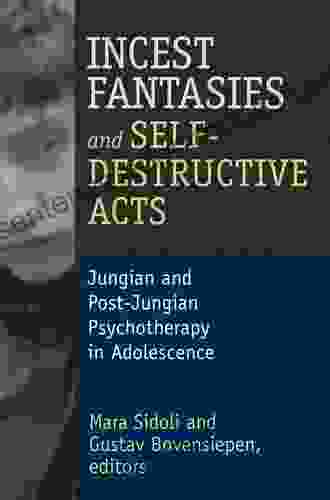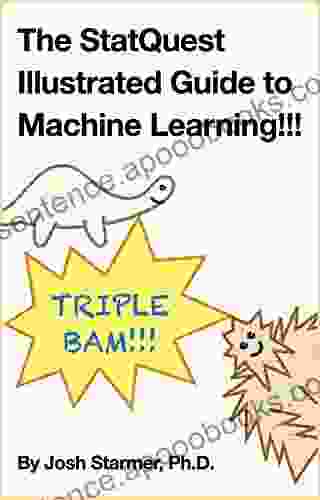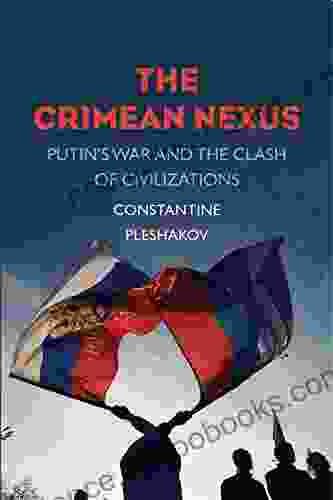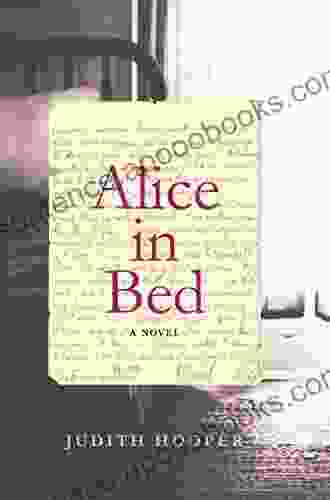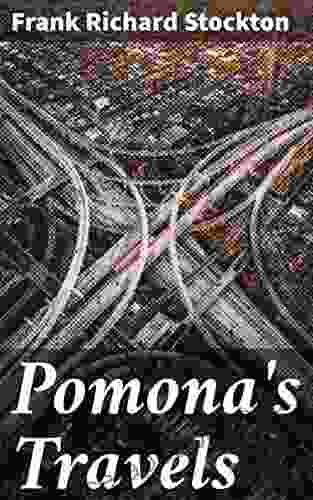Jungian and Post-Jungian Psychotherapy in Adolescence: A Guide for Professionals and Parents

Adolescence, a period marked by profound psychological and emotional transformations, presents unique challenges and opportunities for individuals. Jungian and post-Jungian psychotherapy offer a comprehensive framework for understanding and addressing the complexities of this developmental stage. This article aims to provide a detailed overview of Jungian and post-Jungian approaches, discussing their theoretical underpinnings, therapeutic techniques, and practical applications in working with adolescents.
5 out of 5
| Language | : | English |
| File size | : | 1282 KB |
| Text-to-Speech | : | Enabled |
| Screen Reader | : | Supported |
| Enhanced typesetting | : | Enabled |
| Word Wise | : | Enabled |
| Print length | : | 358 pages |
Jungian Psychotherapy: Core Principles
Carl Jung's theory of analytical psychology provides the foundation for Jungian psychotherapy. Jung believed that the human psyche consists of a personal unconscious (containing repressed thoughts, memories, and emotions) and a collective unconscious (a reservoir of archetypal patterns and images shared by all humanity).
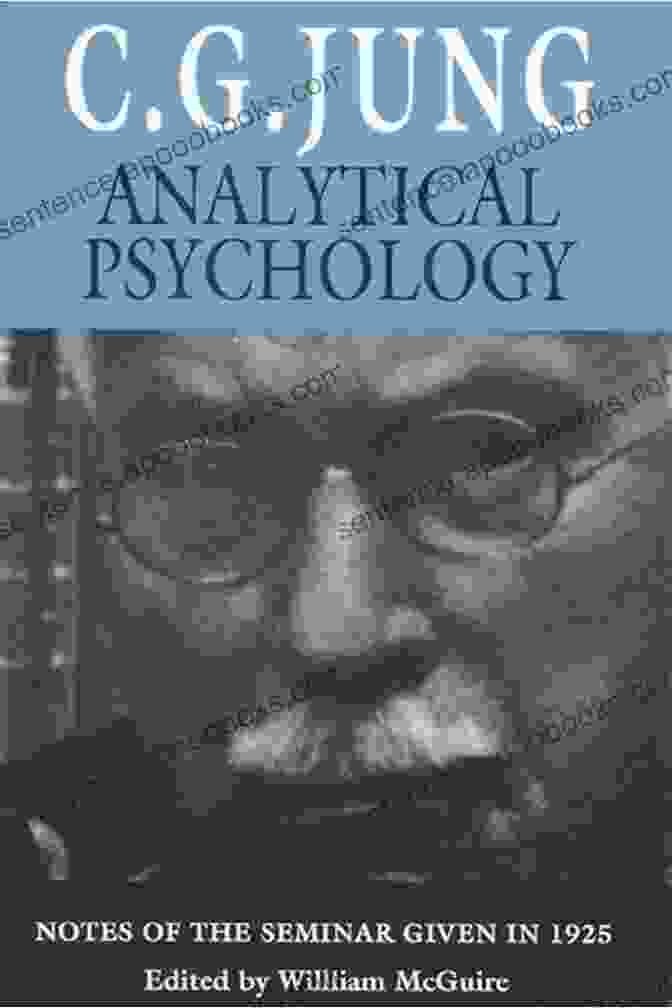
Jungian therapists aim to facilitate individuation, a process of psychological maturation that involves integrating conscious and unconscious elements of the self. They emphasize the importance of exploring and understanding dreams, symbols, and other manifestations of the psyche, believing that these provide insights into unconscious dynamics and developmental needs.
Post-Jungian Approaches: Expanding the Framework
Post-Jungian psychotherapy builds on Jung's theories while incorporating elements from other psychological perspectives. Post-Jungian therapists often focus on addressing interpersonal relationships, transference and countertransference dynamics, and the role of culture and gender in shaping identity.
Some notable post-Jungian approaches include:
* Analytical Psychology of the Self: Developed by James Hillman, this approach emphasizes the concept of the "Self" as an autonomous, guiding force within the psyche. * Archetypal Psychology: Created by Murray Stein, this approach explores the archetypal patterns that manifest in adolescent development and their role in shaping identity formation. * Process-Oriented Psychology: Founded by Arnold Mindell, this approach focuses on facilitating the flow of intrapsychic and interpersonal processes to promote healing and transformation.
Therapeutic Techniques in Jungian and Post-Jungian Psychotherapy
Jungian and post-Jungian therapists employ a range of therapeutic techniques to facilitate growth and healing in adolescents. These include:
* Dream Analysis: Dreams are seen as a window into the unconscious mind, providing insights into developmental themes and emotional conflicts. * Active Imagination: This technique involves engaging with inner images and symbols through visualization and dialogue, allowing for the exploration of unconscious material and the emergence of new perspectives. * Sandplay Therapy: A form of non-verbal therapy where clients create three-dimensional scenes using sand and miniatures. This allows for the expression of unconscious conflicts and the development of self-awareness. * Transference and Countertransference Analysis: Therapists explore the interpersonal dynamics between themselves and their clients, examining how past relationships and unconscious patterns influence present interactions.
Applications in Working with Adolescents
Jungian and post-Jungian psychotherapy can effectively address a wide range of issues faced by adolescents, including:
* Identity Formation: Therapists support adolescents in exploring their developing sense of self, integrating aspects of their personality and discovering their unique purpose and direction. * Emotional Regulation: Adolescents often struggle with intense emotions. Therapists help them develop coping mechanisms, understand emotional triggers, and find healthy ways to express their feelings. * Relationship Building: Adolescents face challenges in navigating relationships with peers, family members, and romantic partners. Therapists provide a safe space for exploring these dynamics and developing healthy communication patterns. * Coping with Trauma: Adolescents may experience traumatic events that can impact their emotional and psychological well-being. Therapists help them process these experiences and develop resilience. * Spiritual Development: Adolescence is a time of spiritual exploration. Therapists provide support for adolescents who are questioning their beliefs, exploring their spiritual identities, and seeking meaning in life.
Benefits of Jungian and Post-Jungian Psychotherapy for Parents
Parents play a crucial role in supporting their adolescent children's psychological development. Jungian and post-Jungian psychotherapy can benefit parents in several ways:
* Increased Understanding: Parents gain a deeper understanding of the challenges and needs of adolescents, enabling them to provide more informed support. * Improved Communication: Therapists facilitate open and compassionate communication between parents and adolescents, bridging gaps and fostering understanding. * Parental Self-Reflection: Through their involvement in therapy, parents can reflect on their own adolescence, parenting style, and relationship patterns. * Enhanced Empathy: Parents develop a greater capacity for empathy and compassion towards their adolescent children, supporting their emotional growth and well-being.
Jungian and post-Jungian psychotherapy offer a valuable framework for addressing the complex psychological and emotional challenges of adolescence. By exploring the unconscious mind, facilitating individuation, and supporting healthy development, this approach empowers adolescents to navigate this transformative period and emerge with a strong sense of self and purpose. For professionals and parents alike, Jungian and post-Jungian psychotherapy provides a comprehensive guide to understanding and supporting the unique needs of adolescents.
5 out of 5
| Language | : | English |
| File size | : | 1282 KB |
| Text-to-Speech | : | Enabled |
| Screen Reader | : | Supported |
| Enhanced typesetting | : | Enabled |
| Word Wise | : | Enabled |
| Print length | : | 358 pages |
Do you want to contribute by writing guest posts on this blog?
Please contact us and send us a resume of previous articles that you have written.
 Book
Book Novel
Novel Page
Page Chapter
Chapter Text
Text Story
Story Genre
Genre Reader
Reader Library
Library Paperback
Paperback E-book
E-book Magazine
Magazine Newspaper
Newspaper Paragraph
Paragraph Sentence
Sentence Bookmark
Bookmark Shelf
Shelf Glossary
Glossary Bibliography
Bibliography Foreword
Foreword Preface
Preface Synopsis
Synopsis Annotation
Annotation Footnote
Footnote Manuscript
Manuscript Scroll
Scroll Codex
Codex Tome
Tome Bestseller
Bestseller Classics
Classics Library card
Library card Narrative
Narrative Biography
Biography Autobiography
Autobiography Memoir
Memoir Reference
Reference Encyclopedia
Encyclopedia Carole Cox
Carole Cox E L Lancaster
E L Lancaster Elisa S Amore
Elisa S Amore Elena V Shliakhovchuk
Elena V Shliakhovchuk Ben Stevens
Ben Stevens Emma Baulch
Emma Baulch Bernard Knight
Bernard Knight Steve Striffler
Steve Striffler Genevieve Liveley
Genevieve Liveley John W Dean
John W Dean Jane Farrow
Jane Farrow Roderick Hunt
Roderick Hunt Elle Cosimano
Elle Cosimano Adam Parfrey
Adam Parfrey Andrea Hicks
Andrea Hicks Gustavo Cerbasi
Gustavo Cerbasi Elizabeth Todd Breland
Elizabeth Todd Breland Nassim Nicholas Taleb
Nassim Nicholas Taleb Emma Goldrick
Emma Goldrick Bevin Alexander
Bevin Alexander
Light bulbAdvertise smarter! Our strategic ad space ensures maximum exposure. Reserve your spot today!

 Vernon BlairUnleash the Power of Dragon Magic: Explore the Thrilling World of Drake, the...
Vernon BlairUnleash the Power of Dragon Magic: Explore the Thrilling World of Drake, the... Steve CarterFollow ·8.2k
Steve CarterFollow ·8.2k Harold BlairFollow ·18.5k
Harold BlairFollow ·18.5k Eli BrooksFollow ·9.3k
Eli BrooksFollow ·9.3k Davion PowellFollow ·10.5k
Davion PowellFollow ·10.5k T.S. EliotFollow ·16.1k
T.S. EliotFollow ·16.1k Jackson HayesFollow ·5.2k
Jackson HayesFollow ·5.2k Bryce FosterFollow ·4.2k
Bryce FosterFollow ·4.2k Duncan CoxFollow ·9.3k
Duncan CoxFollow ·9.3k

 Julian Powell
Julian PowellShetland Pony: Comprehensive Coverage of All Aspects of...
The Shetland...
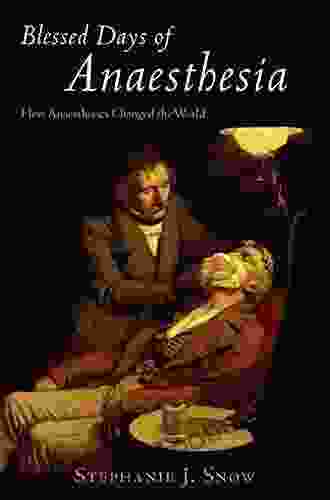
 Cason Cox
Cason CoxHow Anaesthetics Changed the World: A Medical Revolution...
Imagine a world where surgery is an...

 Harold Powell
Harold PowellUnleash Your Inner Songwriter: The Ultimate Guide for...
Calling all aspiring songwriters!...
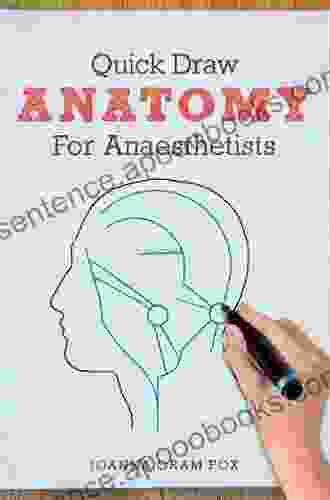
 Nikolai Gogol
Nikolai GogolUnleash Your Artistic Potential: Quick Draw Anatomy for...
In the dynamic and visually...

 Tim Reed
Tim ReedThe Rock 'n' Roll Life of Legendary Sax Man Bobby Keys
The Rock 'n' Roll Life...

 Damon Hayes
Damon HayesMoney Management Activities for Youth: A Guide to...
In an era marked by rapidly...
5 out of 5
| Language | : | English |
| File size | : | 1282 KB |
| Text-to-Speech | : | Enabled |
| Screen Reader | : | Supported |
| Enhanced typesetting | : | Enabled |
| Word Wise | : | Enabled |
| Print length | : | 358 pages |


